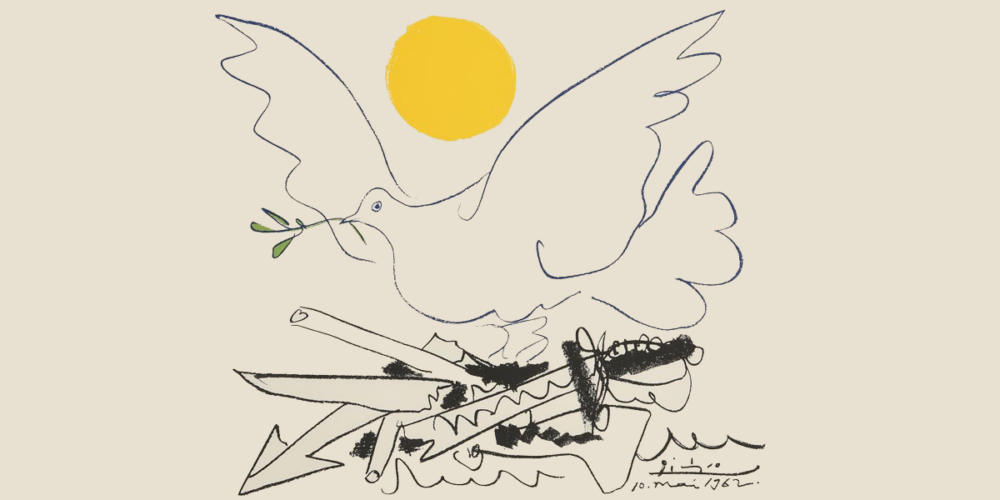The threat to completely abandon what remains of Irish neutrality is a continuing and increasing one. The recent intervention of President Higgins may have slowed down Micheál Martin’s march to NATO, but the threat remains.
Rather than applying for NATO membership immediately, the ruling class have set their sights as an interim step on removing the “triple lock” on the deployment of Irish troops. The capitalist parties and media claim that the triple lock is no longer tenable, because both Russia and China have a veto in the Security Council, which they can use to stop military aggression by the United States and its satellites. This ignores the fact that three NATO members—the United States, Britain, and France—also have a veto, which they use to protect imperialist aggression. The United States uses its veto against any condemnation of apartheid Israel’s continued colonisation in Palestine.
The report of the Commission on the Defence Forces demonstrates the continuing EU threat to Irish neutrality and sovereignty. It cites the EU Commission’s position that the rise of China must be seen as a threat to EU security.¹ This is reinforced regularly in the “news” media, to the extent that one would imagine that the Chinese military lie just over the horizon. The real political situation in Ireland consists of British (NATO) forces in the Six Counties and a US (NATO) base in Shannon Airport.
The Atlanticist ideology is deeply ingrained in the political class, the media, the higher echelons of the civil service, and the officer corps of the Defence Forces. Irish politicians and “journalists” ape the NATO line that China, Russia, Cuba, North Korea, Nicaragua and Venezuela are a threat to the “rules-based order” upon which “our” economic, political and military security is based.
But exactly what are these rules, who drafted them, and who approved them? Despite what many people may believe, the aforementioned rules are not the UN Charter or the various international agreements drafted under the aegis of the United Nations, or regional bodies such as the Council of Europe (not to be confused with the EU’s European Council) and then agreed by individual member-states: the “rules-based order” amounts to no more than the United States assuming the right to determine the economic and political path of all countries.
Any country that seeks to break with imperialism is automatically held to be in breach of the rules; and the United States reserves the right to punish them by economic or military intervention, or both.
In the event of Sinn Féin becoming the major party in the next 26-County government they will be faced with this pro-imperialist bias. How will they react? Will they remain true to their anti-colonial and anti-imperialist tradition, or will they don the Atlanticist clothing of official Ireland? The realpolitik gurus within the party will no doubt urge them to accept the Atlanticist position (they already have a welcome in the White House), as they will need the tax from American corporations to implement their social policies.
However, they need to look beyond the world of US, EU and British imperialism towards the developing world. The Chinese share of the world economy is growing, while that of the United States is in relative decline. China is the main trading partner of more than 150 countries. Unlike Ireland, when China embarked on its path of modernising its economy the state remained in control, and it lifted 800 million people out of absolute poverty.² It has an internal economy of 1.4 billion people, and government policies are concentrated on increasing the purchasing power of the poorest sections over the next decade. China spends far less on its military than the United States does; and China has not been at war for more than forty years.
One doesn’t have to accept China’s self-designation as a socialist society to recognise that its development strategy has produced far better results than that pursued by the Irish ruling class since the late 1950s. If a Sinn Féin-led government is to develop Irish political and economic sovereignty and tilt the balance of forces towards the working class, it will need to counter the arguments of the Atlanticists. It could start by sending a high-level delegation to the People’s Republic of China to look at its path to modernisation and see what can be adapted to Irish conditions. They would also see that China has no material benefit to gain from war, but that on the contrary a war could set its development back decades.
- Report of the Commission on the Defence Forces (2022), p. 6.
- World Bank press statement, 1 April 2022.






